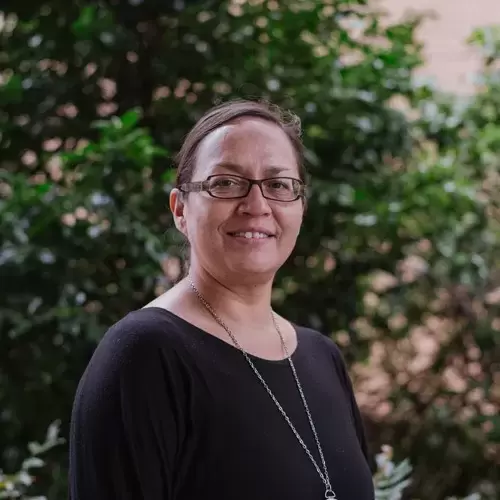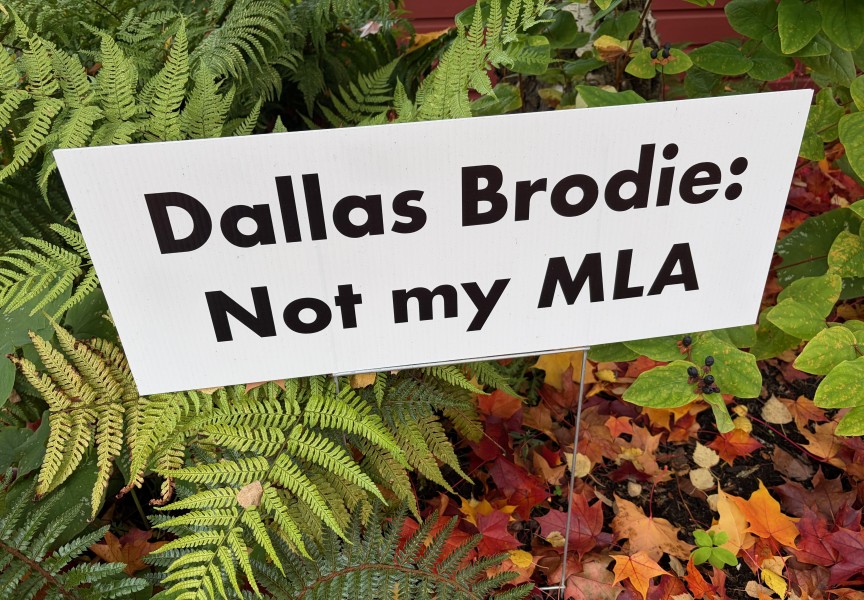Medical officials in B.C. are advising people to behave as if they have the coronavirus in order to maintain measures to hold back a storm of infections currently affecting other areas.
On Monday the province announced 70 additional confirmed cases of COVID-19 over the previous 24-hour period, with two more fatalities – one being the first reported outside of a nursing home. On Sunday the province tracked 16 new infections over the previous day.
While this doesn’t show a decline in new cases since the province began introducing measures to mitigate the spread of the virus over two weeks ago, transmission has not surged like in other provinces recently. On Monday Ontario reported 351 new cases, including 10 additional deaths related to the respiratory illness that has not medical cure.
Now British Columbia has a total of 970 confirmed cases, including 67 on Vancouver Island, with 19 fatalities. But the positive news is that 48 per cent of these cases have recovered, and these affected individuals have been cleared for release from isolation.
In her daily media announcement B.C. Provincial Health Officer Dr. Bonny Henry advised people to be steadfast in preventing highly infectious disease from spreading. Recommended measures include staying at home whenever possible, keeping a minimum six-foot distance from others while out in public, frequently washing hands and avoiding touching the face, as the coronavirus is transmitted by water droplets from an infected person.
“We really are in a critical juncture right now in B.C.,” said Dr. Henry of the next two weeks. “We are not through the storm yet, we have not yet reached our peak.”
While more than 3,000 people are being tested for COVID-19 each day in B.C., not everyone with symptoms are advised to be screened. Currently testing is being focused on those at the highest risk, such as long-term care residents, or health care workers. Those with mild symptoms are recommended to isolate at home for 14 days to prevent transmission, leaving the likelihood that the provincial figures indicate a fraction of the total number of infections in B.C.
The First Nations Health Authority is urging people to avoid crowds, and recommends holding funerals or other gatherings through virtual means or on a very small scale.
“The single most important message is for people to act as if they already have COVID-19, so that they take care in their behavior to not transmit the virus to the people they love, friends, family, people in their community,” said Dr. Nel Wieman, FNHA senior medical officer, in a video posted online by the health authority. “People can be walking around feeling completely well, or just having mild symptoms while they actually are positive for COVID-19.”
“COVID-19 is not an airborne agent,” she continued. “In a carrier it quickly falls to the ground or ends up on surfaces that are touched. Why we’re asking people to do things like frequently washing your hands, trying not touch your face, is because your hands may have touched surfaces that other people carrying the virus may have touched, and in that way you transmit the virus to yourself.”
An order prohibiting gatherings of 50 or more people remains in place, but Dr. Henry believes that even small groups bring the risk of transmission.
“It doesn’t mean that you can have 49 people at a house party,” she said. “Those are the situations that caused this virus to spread, and it’s going to spread to the people that are closest to us. I need people to understand that small groups inside are a risk. We need to maintain those physical distances, particularly in the coming weeks so that we can break those chains of transmission in our communities.”
As these measures continue in April, mental and spiritual health among First Nations communities has become a topic of discussion. Dr. Wieman advises individuals to not spend every waking moment online, but to take time doing things that will help to lower their anxiety.
“Dedicate some hours a day to activities that make you feel good,” she said, noting that these could be drumming, beading, yoga or just practicing mindfulness. “We will get through this if we stay connected to one another, support one another, and help each other maintain and build our resilience through this period of time.”







